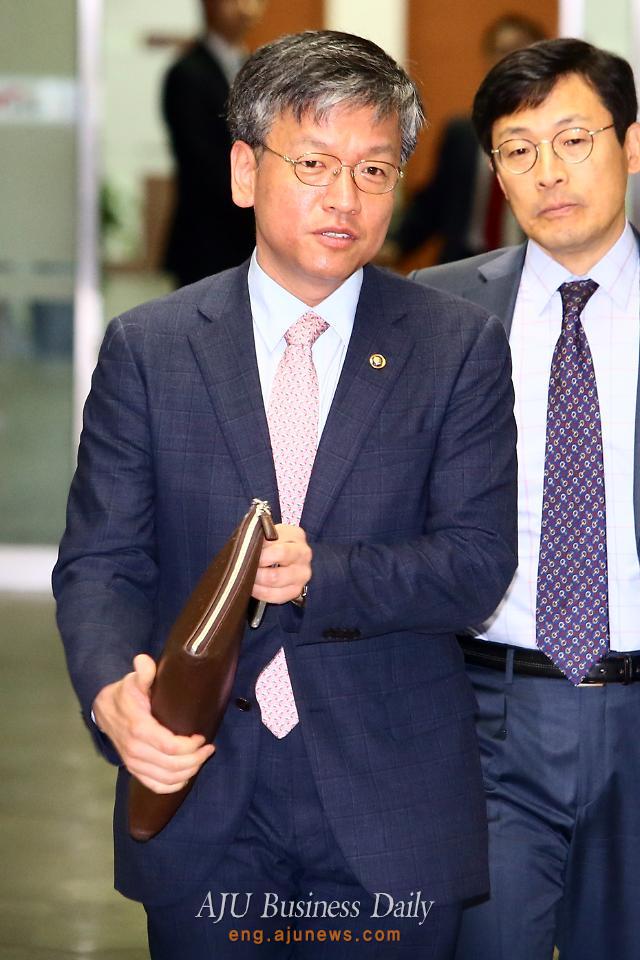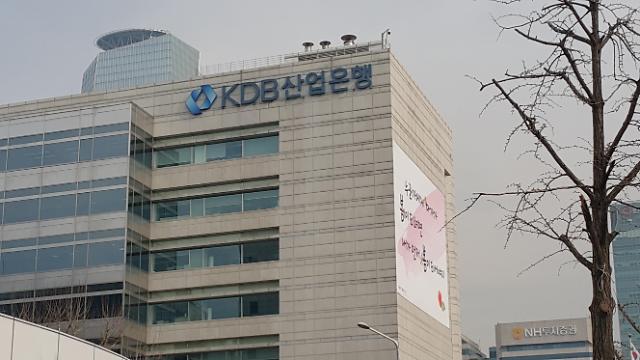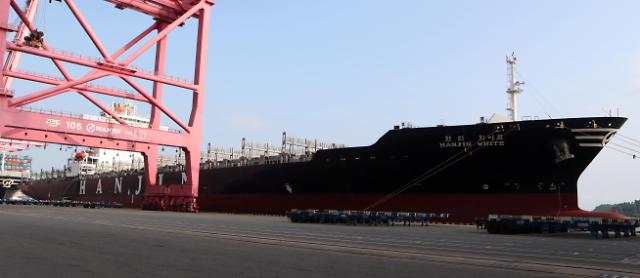
File photo on Vice Finance Minister Choi Sang-mock.[Photo by Namgung-jinwoong = timeid@]
South Korean policy makers sat down Wednesday for serious discussion on the fate of ailing companies as Hyundai Merchant Marine, one of the country's two largest container carriers, was under time pressure to complete negotiations with chartered ship owners.
It was the first comprehensive meeting of senior financial, economic and state bank officials, led by Vice Finance Minister Choi Sang-mock, on how to bail out Hanjin Shipping and Hyundai Merchant, which have applied for creditor-led restructuring to keep them afloat.
South Korea's economy was reborn to strengthen its fundamentals following the 1997 financial crisis that put scores of firms and financial institutions through a painful process of sweeping government-led debt restructuring.
The 1997 crisis prompted South Korea to accumulate a nest egg in its national coffers. It is now the world's seventh-largest holder of foreign exchange reserves, which stand at $373 billion, after China, Japan, Switzerland, Saudi Arabia, Taiwan, and Russia.
South Korea is confident of its ability to head off a fresh financial crisis, but public jitters are growing over a new round of debt restructuring caused by a global economic slump.
Financial officials have been hesitant to spearhead the restructuring of troubled shipyards and shipping units because excessive government intervention may cause trade disputes with foreign trading partners.
"In pushing for corporate restructuring, we have to think about possible trade disputes," Financial Services Commission Chairman Yim Jong-yong said, stressing restructuring should be done under the jurisdiction of state-run creditor banks after their capital was expanded by the government or the central Bank of Korea (BOK).
Wednesday's conference covered what government officials called "policy-mix", a combination of steps to be taken by the government and the central bank , as well as
a South Korean style of quantitative easing to revitalize the economy, spur consumption and accelerate corporate restructuring.
The meeting came after the central bank eased its stance that it should stick to its basic role and carry out its duty within the framework of a law. Last week BOK deputy governor Yoon Myun-shik said the bank should not be used for stopgap measures to issue banknotes or purchase bonds from state-run banks.
Meanwhile, Hyundai Merchant is locked in a race against time as it is required to complete negotiations with ship owners on renting fees by the end of this month or face a possible court receivership.
Hanjin Shipping, a Hanjin Group unit, was put under creditor-led restructuring Wednesday to keep it afloat through debt rescheduling.
Hanjin Shipping, one of the world's top ten container carriers in terms of capacity, has been reeling under a credit crunch aggravated by snowballing debts and falling freight rates. The state-run Korea Development Bank and other main creditors agreed to roll over the company's maturing debt for three months.
Hanjin Shipping needs more than one trillion won to remain afloat, but creditors are reluctant to extend a quick bailout, asking Hanjin group boss Cho Yang-ho to contribute more for the restructuring of the distressed shipping unit. It has a bigger number of chartered ships than Hyundai Merchant, making negotiations with ship owners more difficult.
Aju News Lim Chang-won = cwlim34@ajunews.com




